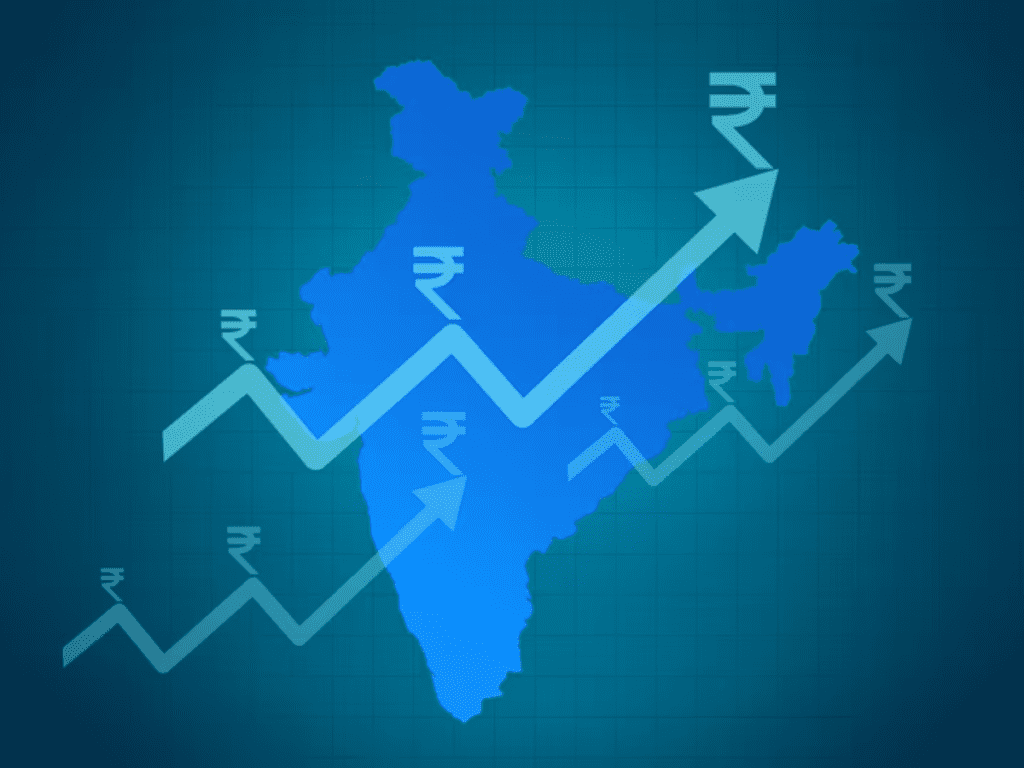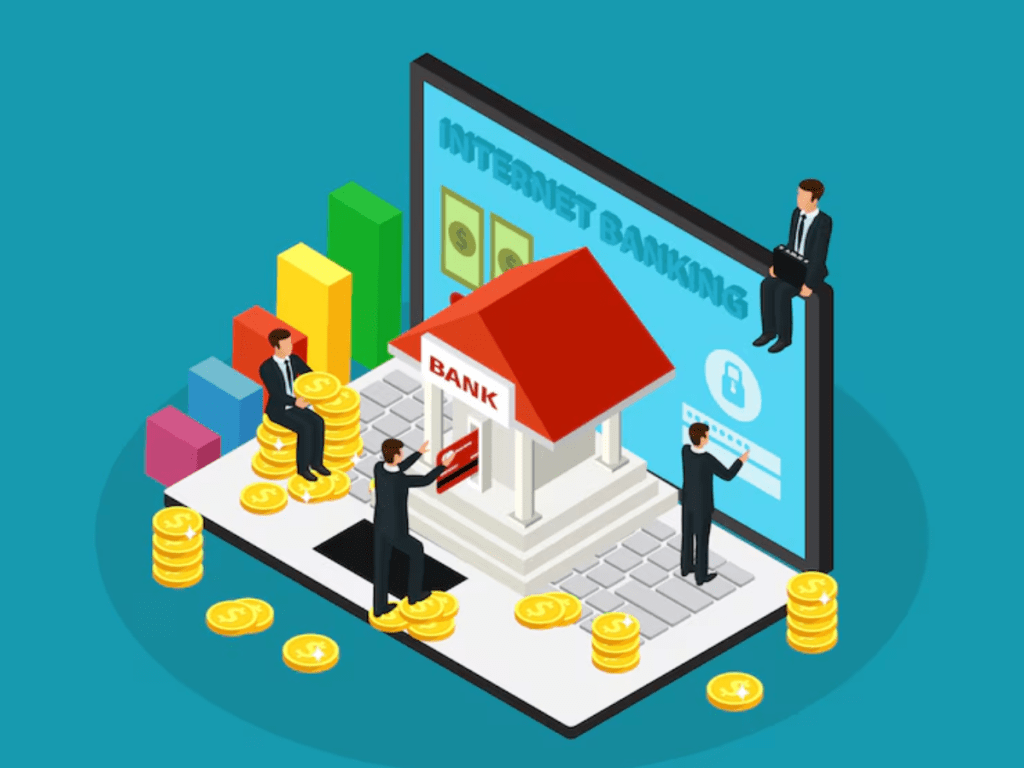Introduction
The face of finance is changing dramatically, especially in the area of lending. With technology evolving further, conventional financial institutions are being increasingly outclassed by fintech platforms that offer alternative options for individuals and companies to borrow. These electronic lending sites have become extremely popular because they are convenient, easy to access, and efficient. With advances in artificial intelligence, machine learning, and big data, fintech lending platforms are upgrading their capacity to determine creditworthiness, automate loan approval procedures, and provide personalized loan products. With the entry into 2025, these platforms are changing very fast, and each is competing to satisfy the increasingly increasing needs of borrowers and investors equally. In this piece, we take a look at the best fintech lending sites in 2025 and how they are uniquely distinguished from each other.
LendingClub: Leading the Charge in Peer-to-Peer Lending in 2025
LendingClub has been a major player in the fintech lending space for over a decade, and it continues to maintain its position as one of the leaders in the industry as we enter 2025. Originally founded as a peer-to-peer lending platform, LendingClub revolutionized the way individuals and small businesses access loans by directly connecting borrowers with investors. This model has enabled the platform to provide competitive interest rates and reduced fees compared to traditional banks, hence an attractive choice for borrowers. Transparency by LendingClub has also been key to its success since borrowers and investors can comfortably maneuver the platform and make informed choices.
What actually differentiates LendingClub in 2025 is the utilization of sophisticated artificial intelligence and big data analytics. The firm used these technologies to develop a more precise credit scoring system that considers a wider array of factors than traditional credit scores. LendingClub’s credit scoring system, powered by artificial intelligence, reviews alternative data sources like transactional history and social conduct to determine the probability of a borrower failing to repay a loan. This enables LendingClub to lend to more borrowers, even those with poor or non-traditional credit. The outcome is a more open lending platform that lends to people who might otherwise be rejected by mainstream financial institutions.
Additionally, LendingClub has diversified into personal loans, small business loans, and auto refinancing, enabling borrowers to obtain a full range of financial products. The firm has also built a powerful presence in the small business lending market, providing financing to entrepreneurs who may otherwise find it challenging to obtain financing from conventional banks. LendingClub’s dedication to serving the customer is exemplified by its simple online application process, which enables borrowers to easily and quickly fill out loan applications, frequently without the necessity of meeting in person.
SoFi: A Comprehensive Digital Financial Services Platform
SoFi is a fintech company that has come a long way since it was founded, and by 2025 has solidly made its place among the most cutting-edge and comprehensive digital financial services platforms out there. Although SoFi first gained fame for offering student loan refinancing services, it has extended its services to include personal loans, mortgages, investment products, insurance, and more. SoFi’s mission is to empower its users to take control of their financial futures, and it does so by providing a seamless digital experience that integrates various aspects of personal finance.
One of the key features that sets SoFi apart from other fintech lending platforms is its membership model. As soon as borrowers apply for a loan via SoFi, they are made members of the platform, and that allows them access to an array of extra benefits. Such benefits are career coaching, advice on financial planning, and special events, all of which serve to help users improve their general financial health. SoFi’s commitment to providing value beyond just financial products is a significant factor in its popularity, as it fosters a sense of community and support among its users.
When it comes to lending, SoFi has competitive interest rates that tend to be lower than the rates at conventional banks, especially for personal loans, refinancing student loans, and home mortgages. SoFi employs advanced data analysis and machine learning in determining borrowers’ creditworthiness so that it can provide personalized loan terms. With its digital-first strategy, SoFi guarantees borrowers can make the entire application process for the loan online, which is convenient and saves time without the requirement for face-to-face meetings or paperwork.
Additionally, SoFi’s mobile app makes it easy for users to manage their finances on the go. Through the app, borrowers can track their loan balances, make payments, and even receive updates on their credit scores. This level of convenience has made SoFi a popular choice for borrowers who are looking for a simple, user-friendly lending platform that offers a range of financial products.
Upstart: AI-Driven Lending Revolution
Upstart is yet another fintech platform that has created a big splash in the lending space by concentrating on the application of artificial intelligence to revolutionize the underwriting of loans. Established in 2012, Upstart has rapidly emerged as one of the most innovative lending platforms, especially in the personal loan market. What differentiates Upstart from other lenders is its application of AI to assess a borrower’s creditworthiness. Whereas the majority of established lenders base loan approval on credit scores, Upstart employs machine-learning algorithms that review broader sets of data including education, employment history, and earning potential.
By 2025, the AI-based strategy by Upstart has made the platform a market leader in extending loans to those with scant credit histories or unorthodox profiles. Upstart’s sophisticated algorithms can accurately predict the probability of a borrower defaulting on a loan, enabling the platform to lend at lower interest rates to borrowers who would otherwise be classified as high-risk by conventional lenders. This has helped Upstart make loans more available to more people, fostering greater financial inclusion.
Another distinctive aspect of Upstart is its emphasis on offering loans that are tailored to the requirements of younger borrowers, i.e., recent university graduates or individuals embarking on their professional journey. Upstart’s artificial intelligence models take into account a borrower’s educational attainment and employment prospects while evaluating a borrower for a loan, thereby enabling younger borrowers to obtain loans at improved conditions. As a result, Upstart has become a popular choice for borrowers who are looking to build their credit and access affordable loan options.
Besides its personal loan products, Upstart has also moved into auto lending and small business lending, which enables it to reach a wider set of consumers. Its algorithmic-based loan approval mechanism also ensures borrowers are given swift approval, typically in minutes after their applications are made. The pace, together with Upstart’s competitive interest rates, has seen it receive much traction within the fintech lending market.
Kiva: A Social Impact-Focused Lending Platform
Whereas most of the fintech lending platforms aim to maximize profit for their investors, Kiva has done the opposite. Kiva is a nonprofit organization, and its goal is to extend affordable microloans to businesspeople in the developing world to help end poverty and economic empowerment. By 2025, Kiva had grown to fund entrepreneurs in over 80 nations, enabling millions of people to access capital they would otherwise never have had.
What sets Kiva apart is its crowdfunding approach, bringing lenders and borrowers in need of capital together. Instead of charging fees or interest, Kiva depends on the altruism of individual lenders to finance microloans for business owners. Lenders can donate as little as $25 to a project, and the funds are usually repaid over time. Kiva’s platform enables borrowers to get loans for many purposes, ranging from launching or expanding small businesses to buying inventory or equipment and even covering educational or healthcare expenses.
Kiva’s emphasis on social impact is among the distinguishing characteristics that separate it from other fintech lending platforms. By focusing on the needs of marginalized communities, Kiva has been able to create a culture of global solidarity among its users, driven by the need to make a positive difference in the lives of others. The site has enabled numerous entrepreneurs in developing economies to gain access to the capital they require to thrive, ultimately supporting sustainable economic growth.
Prosper: A Strong Personal Loan Marketplace
Prosper is another major peer-to-peer lending player, and as of 2025, it remains a favorite among people looking for personal loans. Similar to LendingClub, Prosper brings together borrowers and investors through a platform that allows individuals to apply for a loan and receive funding from a pool of lenders. What differentiates Prosper is that it has a strong risk evaluation model, in which investors have the ability to diversify their portfolios by making their investments spread across various loans, hence diminishing their vulnerability to risk.
Prosper’s site is engineered to make the borrowing and lending process as easy as possible. Borrowers can apply for personal loans directly on the site, and the site’s advanced underwriting system rapidly reviews the application to ascertain loan eligibility. Investors can then select which loans to fund depending on the borrower’s credit profile and the risk level of the loan.
What sets Prosper in 2025 apart is its focus on delivering a smooth experience for both investors and borrowers. The site has made the loan application process easy, enabling borrowers to get funded in a matter of days. Prosper also provides competitive interest rates, which tend to be lower than those provided by banks, making it a good choice for people who want to consolidate debt or make big purchases.
Bond Street: A Small Business Lending Platform
Bond Street is a fintech lending platform that specializes in small business financing. Unlike conventional lenders, which tend to have stringent requirements and long approval times, Bond Street offers quick, flexible loans to small businesses. By 2025, Bond Street has emerged as a go-to partner for entrepreneurs looking to expand their businesses and keep cash flow under control.
What is distinctive about Bond Street is that it utilizes data analytics to evaluate the financial condition of companies. It examines vast amounts of data, from financial reports to sales records and market trends, to evaluate whether a company qualifies for a loan. This enables Bond Street to provide more customized loan terms and competitive interest rates than conventional banks, which are based on crude factors like credit scores and collateral.
The expedited approval and funding of Bond Street make the company a promising choice for entrepreneurs with small businesses that require a swift infusion of capital. Its lending platform, which includes a line of credit, term loans, and invoice financing, delivers options that companies need to grow their businesses as well as provide flexibility in keeping up with capital expenses.

